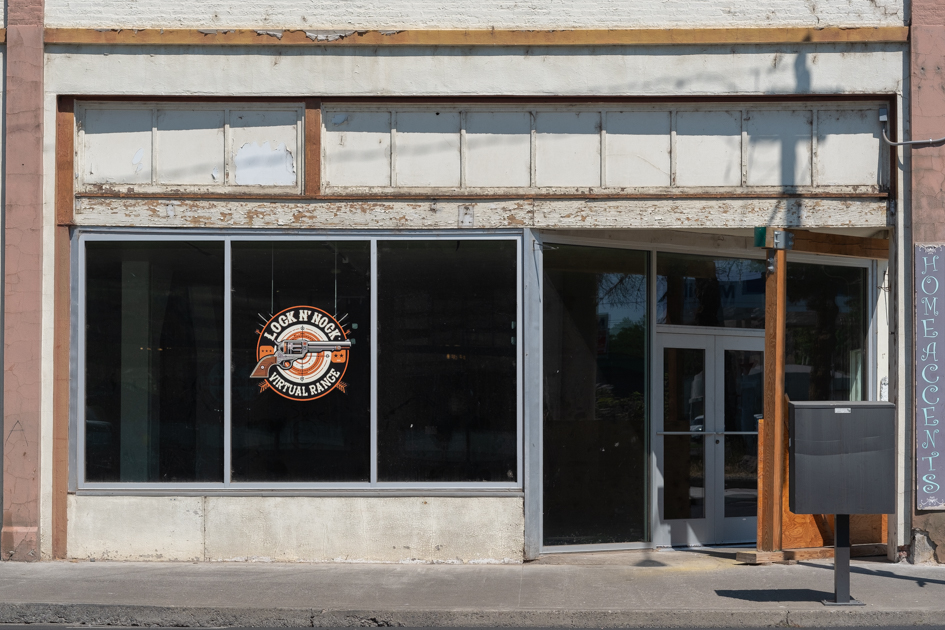Idaho ag industry adds voice with letter to Vilsack on Snake River dams
Published 9:45 am Wednesday, April 12, 2023
Idaho agricultural groups have joined other Northwest stakeholders in asking U.S. Agriculture Secretary Tom Vilsack to step in on the federal government’s efforts to restore salmon by removing the four lower Snake River dams.
Decades-long litigation over salmon in the Columbia River Basin is halted under a stay agreement until Aug. 31.
Trending
During the stay, the primary parties to the litigation have entered a mediation process led by the White House Council on Environmental Quality and the Federal Mediation and Conciliation Service, in hopes of reaching a settlement.
“Agriculture is so closely intertwined with river system issues, we really think it’s critical that (Vilsack) have a seat at that mediation table, and advocate on agriculture’s behalf,” said Stacey Satterlee, executive director of the Idaho Grain Producers Association.
Other Northwest stakeholders sent a letter to Vilsack in March.
The grain producers association and 24 other Idaho businesses and associations sent a letter to Vilsack, dated April 7.
“Despite our concerns, and many others being raised repeatedly throughout this process, the current participants appear to be looking at this issue solely through the lens of salmon recovery and not through the greater public policy objectives of the Biden Administration such as food security, clean energy, de-carbonized transportation, infrastructure capabilities, environmental justice, or international trade objectives,” the letter reads.
The letter cites potential damage to the environment by removing the dams and the potential loss of river barges.
Trending
“Much of the discussion relating to the (federal Columbia River power system) includes potential changes to the (Columbia Snake River system) — including altering flow regimes and even removing certain dams and locks,” the letter reads. “Such drastic actions, however, would detrimentally impact agriculture. …Importantly, all these impacts would be realized even though it is infeasible to increase rail or truck capacity in the region.”
The Idaho groups “stand strongly” with stakeholders in Oregon and Washington, Satterlee said. The Idaho contingent needed more time to “gather up Idaho agriculture” with the end of the legislative session, she said.
“We were able to get a really strong showing of Idaho associations, companies and agriculture groups coming together,” she said. “The timing just worked out for us to do that ourselves, on our own letter.”
There haven’t been signs of action from Vilsack yet, Satterlee said. A delegation of stakeholders will be in Washington, D.C., in the next weeks to continue the conversation, she said.
“We have every reason to be hopeful,” Satterlee said.










